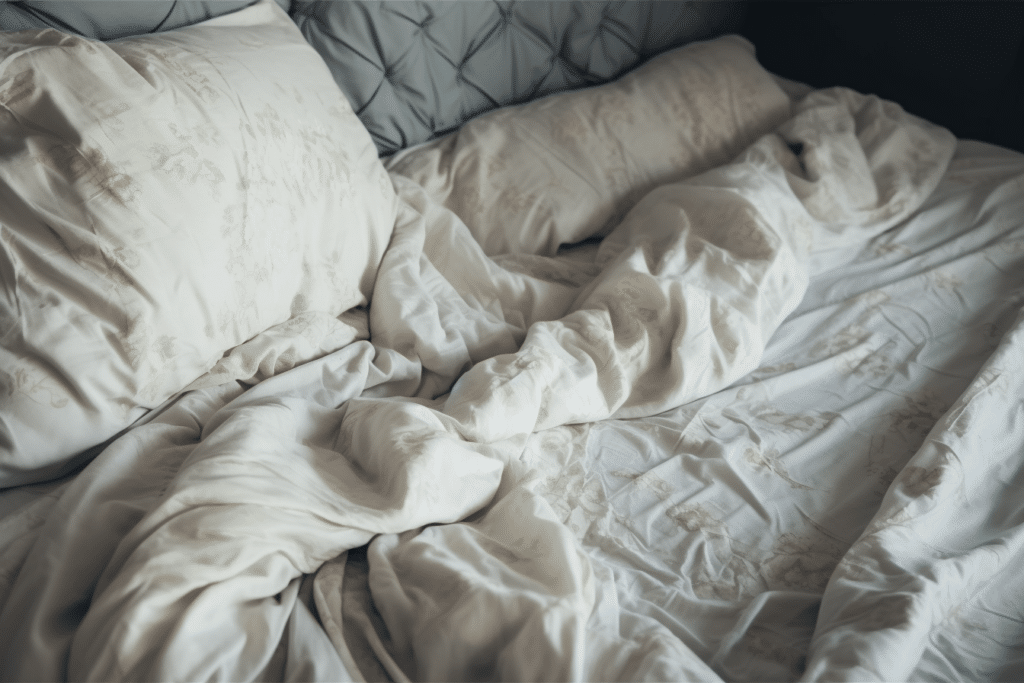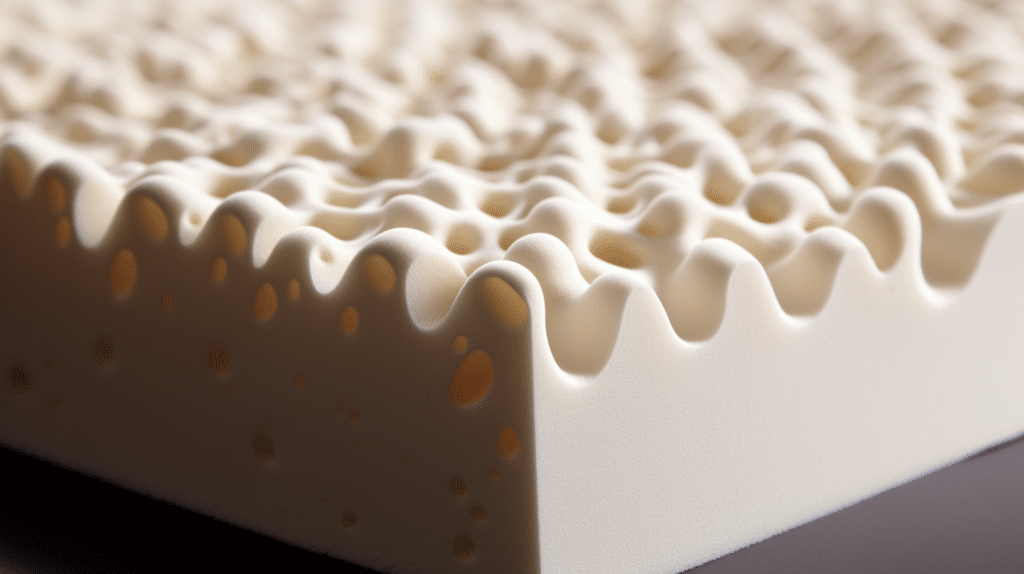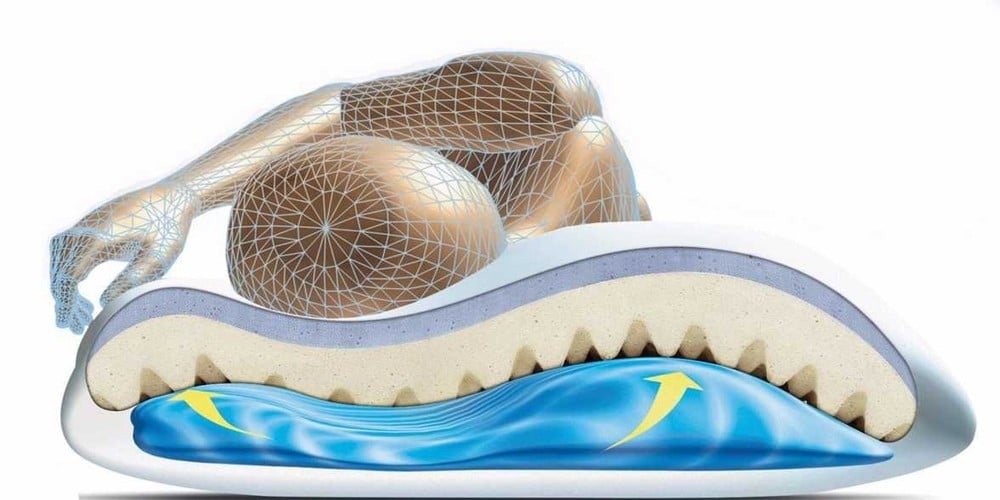Maintaining cleanliness and hygiene in your bedroom is crucial for a good night’s sleep and overall well-being. One aspect of bedroom cleanliness that often gets overlooked is the regular changing of bed sheets. In this article, we will delve into the topic of how often you should change your sheets and why it is important to do so. By understanding the factors that influence sheet change frequency and recognizing the signs it’s time to replace your sheets, you can ensure a healthier sleeping environment.
The Importance of Clean Sheets
Clean sheets provide several benefits for your health and sleep quality. As you sleep, your body sheds dead skin cells, sweat, and oils. These accumulate on your sheets over time, creating an environment for bacteria, dust mites, and allergens to thrive. Regularly changing your sheets helps to remove these contaminants, promoting a cleaner and healthier sleeping environment. Additionally, clean sheets contribute to a fresh and inviting bed, enhancing your overall sleep experience.
Factors Affecting Sheet Change Frequency

Several factors can influence how often you should change your sheets. Let’s explore them in more detail:
Body Hygiene: Your personal hygiene practices play a role in determining sheet change frequency. If you shower before bed and practice good hygiene, you may be able to extend the time between sheet changes. However, if you tend to sweat excessively or have a physically demanding job, more frequent changes may be necessary.
Environmental Factors: The environmental conditions in your bedroom can impact how often you should change your sheets. Hot and humid climates or rooms with poor ventilation can lead to increased perspiration during sleep, necessitating more frequent sheet changes. Similarly, if you live in an area with high pollen levels or have pets that sleep on your bed, you may need to change your sheets more often to reduce allergen exposure.
Personal Preferences: Some individuals simply prefer the feeling of fresh sheets and choose to change them more frequently. Personal preferences can vary, and if you enjoy the sensation of sleeping on crisp, clean sheets, you may opt for more regular changes.
Recommended Sheet Change Frequency
To maintain optimal cleanliness and comfort, it is generally recommended to change your sheets regularly. Here are some guidelines for different types of bedding:
Bed Sheets: Aim to change your bed sheets at least once every one to two weeks. If you have allergies or tend to sweat excessively during sleep, consider changing them more often. Regular sheet changes help prevent the buildup of allergens, bacteria, and odor.
Pillowcases: Since pillowcases come into direct contact with your face, it is advisable to change them every two to three days or at least once a week. This frequent change helps keep your facial skin clean and reduces the likelihood of acne breakouts.
Duvet Covers: Duvet covers can be changed less frequently, around once a month, as they are not in direct contact with your skin. However, if you have pets that sleep on your bed or experience any spills or stains, it’s best to change them as needed.
Signs It’s Time to Change Your Sheets
Even with a recommended change frequency, certain signs indicate when it’s time to change your sheets regardless of the timeline. Look out for the following indicators:
Odor: If your sheets have a stale or unpleasant odor, it’s a clear sign that they need to be washed and replaced. Lingering odors suggest the presence of bacteria and sweat residue on your sheets.
Stains: Visible stains, such as those from spills, body fluids, or food, are an obvious signal that your sheets require immediate attention. Stains not only affect the aesthetics of your bedding but can also harbor bacteria and allergens.
Allergies: If you wake up with nasal congestion, sneezing, or itchy eyes, it may be an indication that allergens have accumulated on your sheets. Regular sheet changes help reduce allergen exposure and alleviate allergy symptoms.
Skin Irritation: If you develop skin rashes, acne breakouts, or itchiness after sleeping on your sheets, it’s time to launder them. Dirty sheets can harbor bacteria, oils, and allergens that can irritate your skin and lead to various skin issues.
Tips for Maintaining Clean Sheets
To keep your sheets fresh and clean for longer periods, consider the following tips:
Wash your sheets in hot water: Hot water helps kill bacteria, dust mites, and allergens effectively. Follow the care instructions on your sheets for the appropriate water temperature.
Use a mild detergent: Choose a mild detergent that is suitable for your skin type to avoid irritation. Harsh chemicals in some detergents can cause skin sensitivity and discomfort.
Dry your sheets thoroughly: Ensure your sheets are completely dry before placing them back on your bed. Damp or partially dry sheets can develop a musty odor and encourage the growth of mold or mildew.
Rotate your bedding: Having multiple sets of sheets allows you to rotate them regularly. This not only extends the lifespan of your sheets but also gives you the convenience of a quick bed change when needed.
Consider using mattress and pillow protectors: Mattress and pillow protectors act as a barrier, preventing stains, spills, and the accumulation of allergens on your bedding. They can be easily removed and washed, adding an extra layer of cleanliness and protection.
Conclusion
Regularly changing your sheets is essential for maintaining a clean and healthy sleeping environment. Clean sheets not only contribute to better sleep but also help prevent the buildup of bacteria, allergens, and odors. By following the recommended guidelines for sheet change frequency and staying attentive to signs of wear and contamination, you can ensure a more comfortable and hygienic sleep experience.


